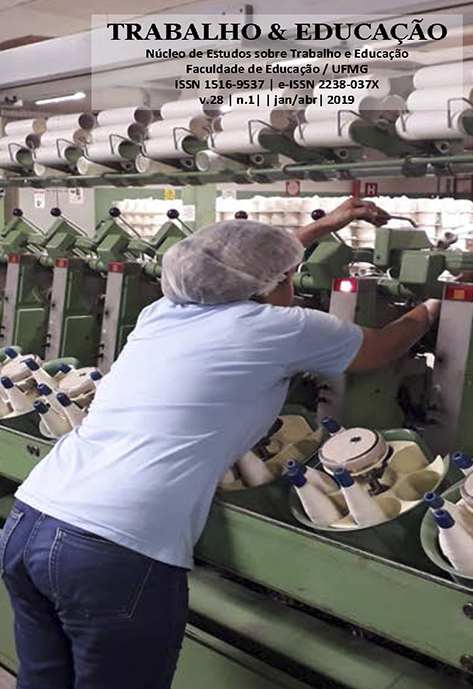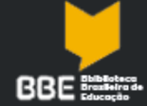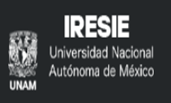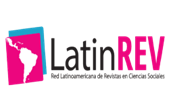Higher education in times mediated by digital technologies
DOI:
https://doi.org/10.35699/2238-037X.2019.9872Keywords:
Higher education, Digital culture, Digital TechnologiesAbstract
The world changed. Human relations and relations with information and knowledge have changed. The expansion of Internet access and digital technologies have established new levels of relationship between people, processes and objects. These changes also affect educational institutions, which need to reinvent themselves so as not to be left out of this evolution. One of the contemporary challenges is to choose information and turn it into meaningful knowledge, something completely different from at least two decades ago when the challenge was to get the information. Today the information is plentiful. Access to excess information (COSTA, 2008) is possible in any location and time. It generates new needs for teaching orientation and student participation. We discuss this context of knowledge mutation from Levy (1999) and Santos (2005), which help us to understand this process and the position the university takes in this new scenario. Garcia et al. (2011), Santaella (2013) and Kenski (2015) bring to the discussion the new relationships, forms and strategies of teaching and learning mediated according to the new formative longings of subjects and contemporary society. Thus, the purpose of this text is to present reflections on the digital technologies and the needs of change in the educational process developed by the Brazilian higher education institutions.
Downloads
References
ADAMS BECKER, Samantha et al. NMC Horizon Report: 2017 Higher Education Edition, Austin, Texas: The New Media Consortium, 2017. Disponível em: <http://cdn.nmc.org/media-/2017-nmc-horizon-report-he-EN.pdf>. Acesso em: 14 jul. 2018.
BARIFOUSE, Rafael. Você corre risco de perder o emprego para um robô? BBC Brasil online. Disponível em: <https://www.bbc.com/portuguese/curiosidades-38979057>. Acesso em: 24 jul. 2018.
COSTA, Rogério. A cultura digital. 3. ed. São Paulo: Publifolha, 2008.
EIRÓ, Maria Idati; CATANI, Afrânio Mendes. Projetos Tuning e Tuning América Latina: Afinando os Currículos às Competências. Cadernos PROLAM/USP, 10, v. 1, 2011, p. 103-123.
JORNAL DA USP. O avanço da tecnologia e os empregos que deixarão de existir. Edição online de 23/02/2018. Disponível em:<https://jornal.usp.br/atualidades/o-avanco-da-tecnologiae-os-empregos-que-deixarao-de-existir/>. Acesso em: 22 jul.2018.
KENSKI, Vani Moreira. Cultura digital. In: MILL, Daniel (Org.). Dicionário Educação e Tecnologias Crítico EaD +. Campinas: Papirus, 2018.
KENSKI, Vani Moreira. A urgência de propostas inovadoras para a formação de professores para todos os níveis de ensino. Rev. Diálogo Educ., Curitiba, v. 15, n. 45, p. 423-441, mai./ago. 2015.
KENSKI, Vani Moreira. Tecnologias e tempo docente. Campinas, São Paulo: Papirus, 2013.
KLAUS, Schwab. A quarta revolução industrial. Trad. Daniel Moreira Miranda. São Paulo: Edipro, 2016.
LEVY, Pierre. Cibercultura. Rio de Janeiro: Editora 34, 1999.
LÉVY, Pierre. Inteligência coletiva. Para uma antropologia do ciberespaço 5ª edição ed.: Loyola, 2007.
MELARE, Daniela. Aplicação dos Estilos de Aprendizagem em Ambientes Virtuais. Simpósio virtual online. Disponível em: <https://www.youtube.com/watch?v=BRDHaYf8Xu4>. Acesso em: 11 jul. 2018.
CENTRO REGIONAL DE ESTUDOS PARA O DESENVOLVIMENTO DA SOCIEDADE DA INFORMAÇÃO - CETIC. Pesquisa sobre o uso das tecnologias de informação e comunicação: pesquisa TIC Domicílios, 2017. Disponível em: <http://cetic.br/arquivos-/domicilios/2017/domicilios/>. Acesso em: 21 jul. 2018.
SANTAELLA, Lucia. Desafios da ubiquidade para a educação. Unicamp, 2013. Disponível em: https://www.revistaensinosuperior.gr.unicamp.br/>. Acesso em: 06 jun. 2018.
SANTAELLA, Lucia. Pós-humano. Por quê? Revista USP, São Paulo, n.74, p. 126-137, jun./ago. 2007.
TAVARES, Cristina Zukowsky. Educação universitária em tempos de cibercultura. Revista educação. Edição 199, 2015. Disponível em: <http://www.revistaeducacao.com.br/educacaouniversitaria-em-tempos-de-cibercultura/>. Acesso em: 9 jul. 2018.













